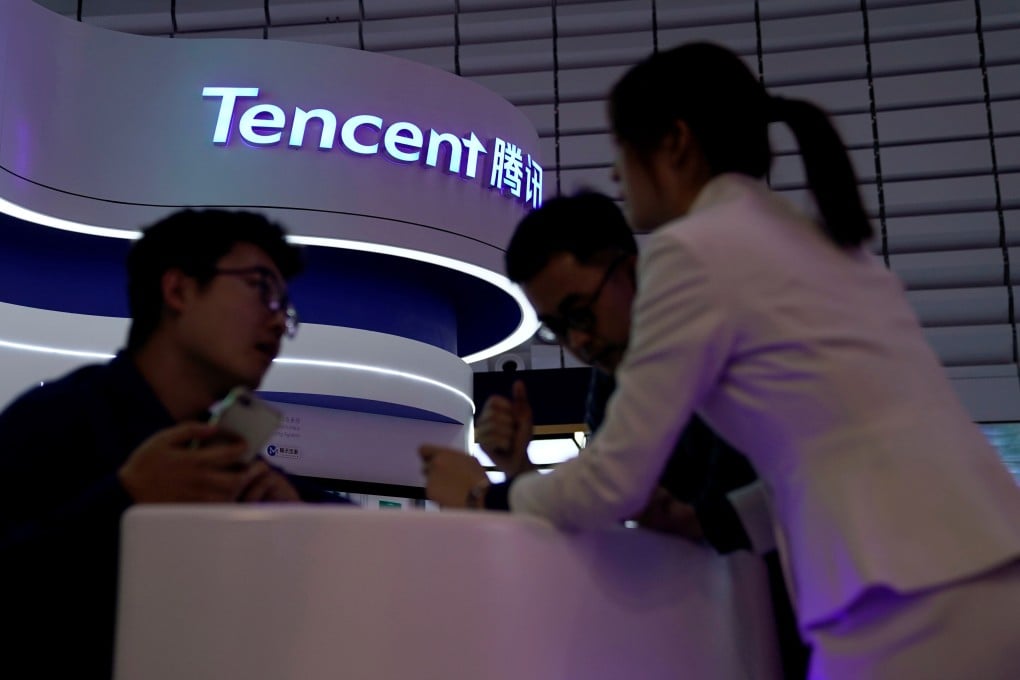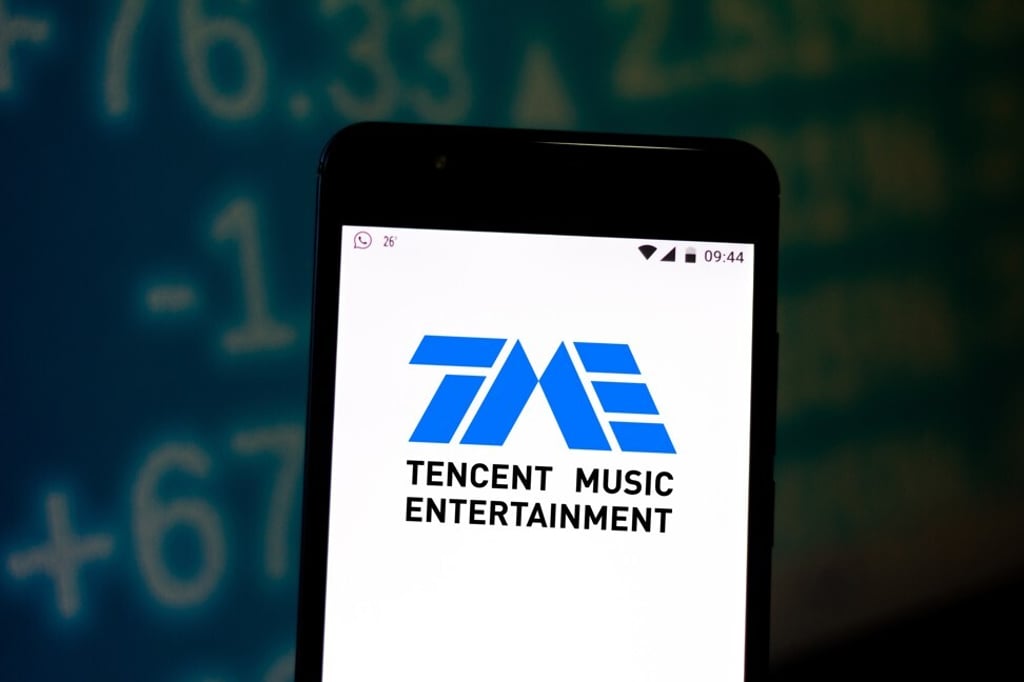Advertisement
Analysis | Why the end of Tencent’s exclusive music deals not the panacea for China’s smaller music-streaming apps
- China’s State Administration for Market Regulation has ordered Tencent to end its exclusive music licensing deals with global record labels
- New York-listed unit Tencent Music and Entertainment Group operates popular apps QQ Music, Kugou Music and Kuwo Music
Reading Time:4 minutes
Why you can trust SCMP

Small operators of music-streaming apps in China will soon be able to offer some of the most popular tracks that were controlled for a long time by Tencent Holdings, but analysts said these firms still face an uphill battle to challenge the internet giant in this market.
On Saturday, China’s antitrust watchdog the State Administration for Market Regulation (SAMR) slapped Tencent with a 500,000 yuan (US$77,117) fine and ordered the company to end its exclusive music licensing deals with global record labels within 30 days. Tencent, however, will be able to retain its exclusive deals with independent artists, which should last no longer than three years, as well as its partnerships on new releases.
While the end of exclusive licences is considered a boon for the entire music-streaming market in China, analysts do not expect a shake-up in the sector because Tencent’s apps have already built a significant lead through the years.
Advertisement
Shenzhen-based Tencent, which runs the world’s largest video gaming business by revenue and China’s top social media platform WeChat, also controls the country’s biggest music-streaming operation. New York-listed Tencent Music Entertainment Group (TME), in which Spotify is a shareholder, operates popular apps QQ Music, Kugou Music and Kuwo Music. These three apps had a combined 622 million monthly active users (MAUs) in the December quarter last year.

Advertisement
“The music copyright should have been opened to other players much earlier,” said Li Qingshan, vice-director for consumer research at EqualOcean, an investment research firm focused on China. “Tencent has already built up a large base of loyal users and an ecosystem that encompasses more than music streaming.”
Advertisement
Select Voice
Select Speed
1.00x